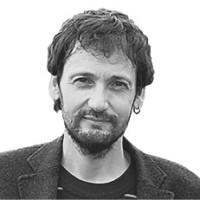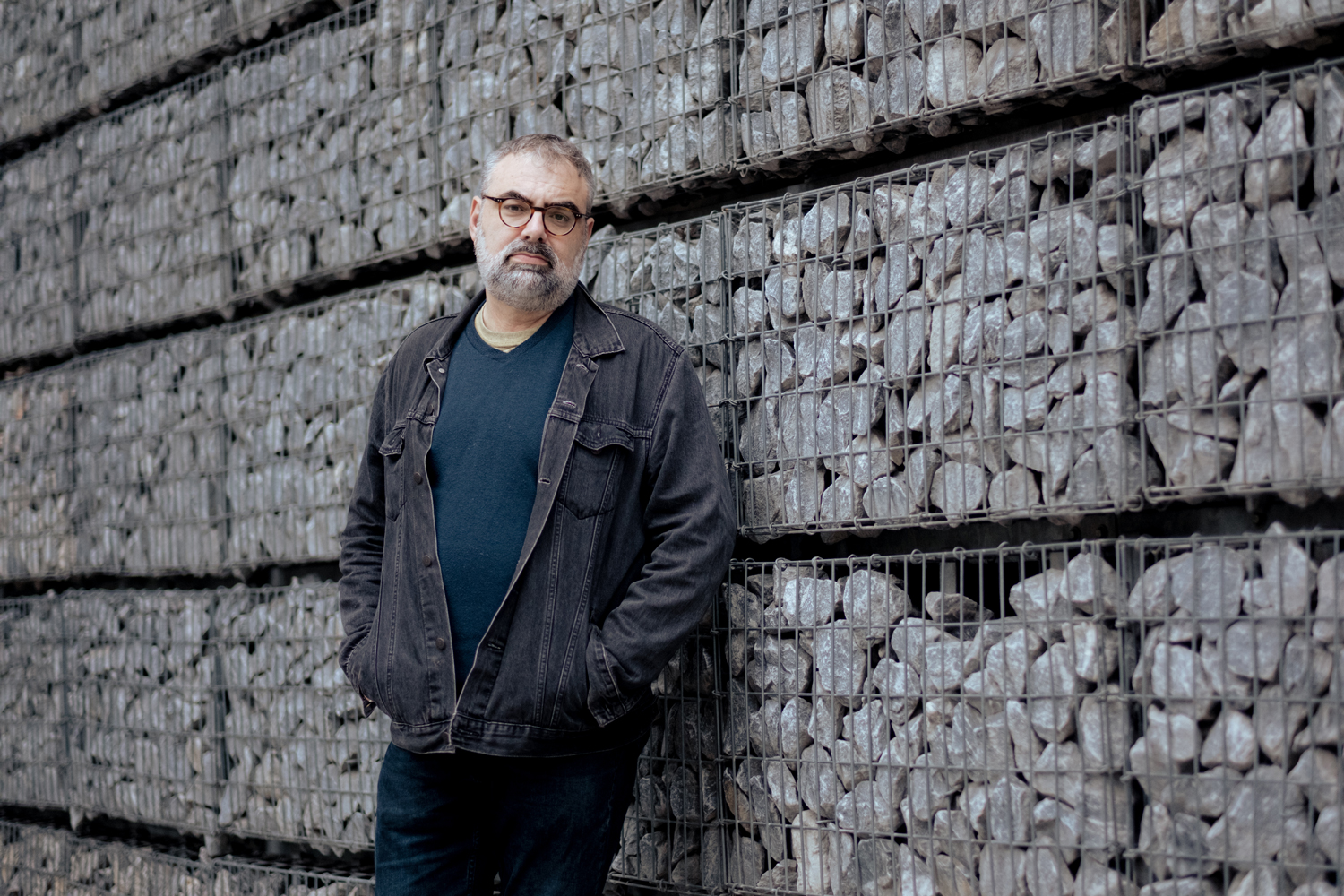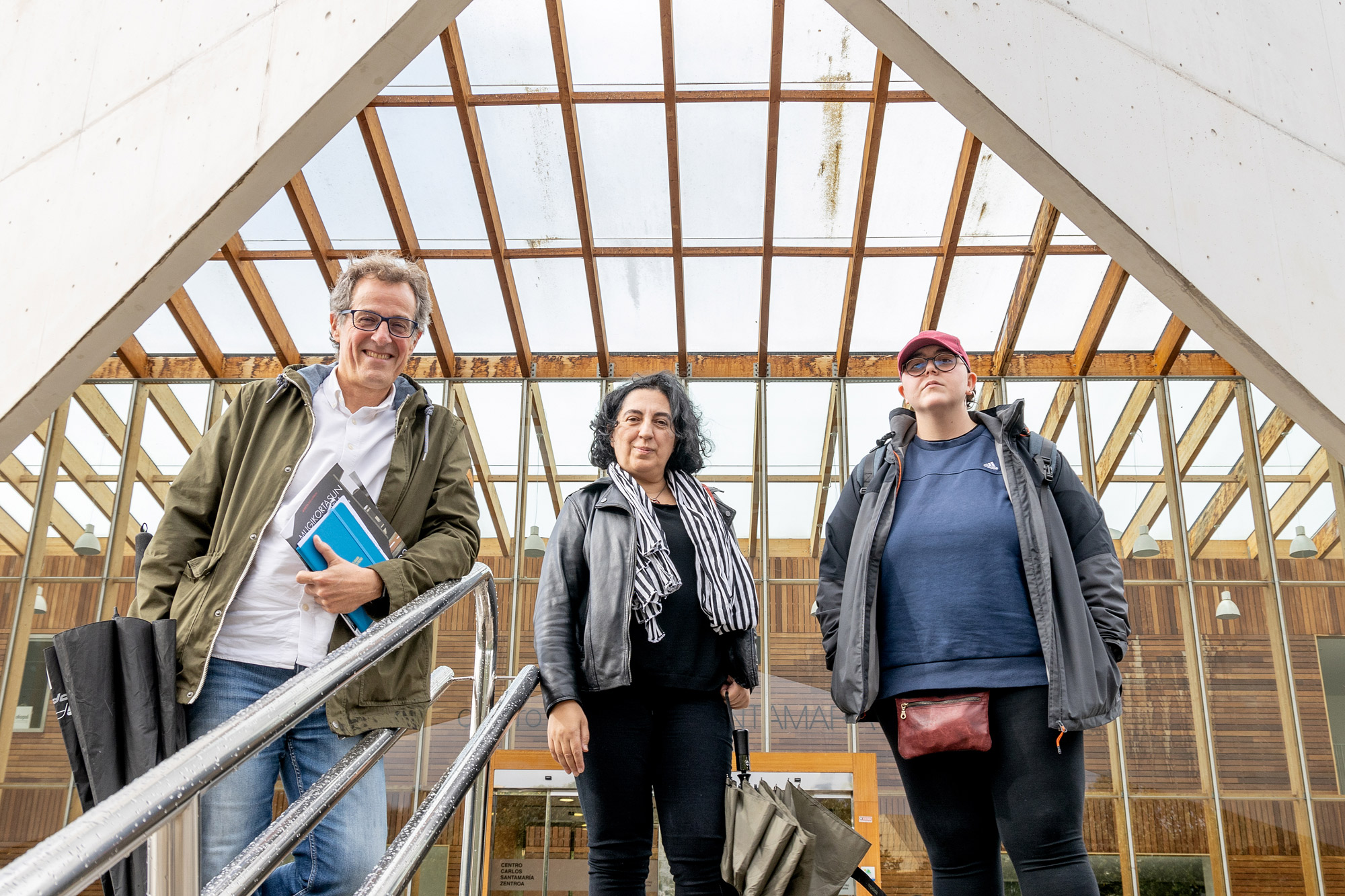The children of Usurbil perform a successful philosophical tertulia
- We may think that working philosophy with children can be a big challenge, but in fact “philosophizing is natural in childhood, children are natural to philosophize, to ask, to be interested... and in any case we lose all that with age”. For example, the juicy philosophical tertulia that you just did in Usurbil with young people aged 10 to 12.

The invitation was addressed to the 5th and 6th grade students of Primary Education (aged 10-12 years) who contacted the Jakinmin Association, which organizes philosophy sessions throughout the Basque Country. The number of people enrolled was 45, and because of this success, the children were divided into two groups.
“We do practical philosophy, we take a topic and debate, we philosophize,” says Xabi Salaberria of Jakinmin. They set as a starting point an incentive (a story, a video, a song...) and then delve into a specific theme and ask questions. In the case of Usurbil they have collaborated with the story "The Blue Chair": “In the chair a man sits first, then a dog uses it as a geyser, for the aliens the chair is a beret... and little by little the story is asking questions: What is that object, the chair? Refuge? Beret? What makes one thing that? Is there a single reality or more realities? Or a reality and many interpretations?... It is surprising to what extent you can reach a level of reflection with children from 10 to 12 years old.”
Salaberria explains that the young people themselves were very comfortable. On the one hand, because this is an unfamiliar dynamic: “It’s not the only correct answer, and that misses you, the goal is to walk the road together and see how far they arrive, and not everyone has to agree at the end of the session.” On the other hand, children tend to highlight how they realize that at first they have an opinion and as they advance in the story, they listen to others... they change their minds. “We seek a reasoned opinion, not a superficial opinion, so that it really is a philosophical dialogue.” Finally, Salaberria has underlined how beautiful this real listening is – and not waiting for the other to say what he has to cast our own – which is the philosophical tertulia, “but for that we need calm, we need time, and at the current rate we lack time”.
Entrepreneurship is fashionable. The concept has gained strength and has spread far beyond economic vocabulary. Just do it: do it no more. But let us not forget: the slogan comes from the propaganda world. Is the disguise of the word being active buyers? Today's entrepreneurs are... [+]
Isn't it a sign of pride to look at the people in front of me as if they weren't people? Yes, of course yes. But how can we expect others to understand? Understand, observe, look. Does wanting to understand others not require this proud attitude? Knowing what it is to be a person,... [+]
Are we running out of shame? This is the diagnosis of several authors today. Is there no longer a look that can embarrass us? Another thing that Jean-Paul Sartre described in 1943 around shame is that on the other side of the lock, with the eye stuck in the key slot, a person is... [+]
Predicting the end of anything has become fashionable. The end of the human being, ideologies, community, authority, philosophy, or democracy. Are they labels full of sensationalism?
Maybe it was Francis Fukuyama who started that final fashion. After the collapse of the Berlin... [+]
The most promising futures are more concerned about the future than the long-term ones. It's the CCCLXIX law of life. It seems like a mouthpiece, but the laws of life I don't write them, but life itself.
That law, like all authentic laws, has exceptions, but what exceptions are,... [+]
Today there are many apps to buy friends: The best known are AlquiFriend and Ameego, which seem to work very well, especially in the big cities of the United States. They have about 600,000 users. Pay 120 dollars to someone and for a couple of hours you go to the restaurant... [+]
The body issue has gained weight in current speeches, it appears to us in many ways. However, these are relatively recent debates in which the body has been quite marginalized in the history of Western thought compared to other times.
To me the truth is that they help me apply... [+]














